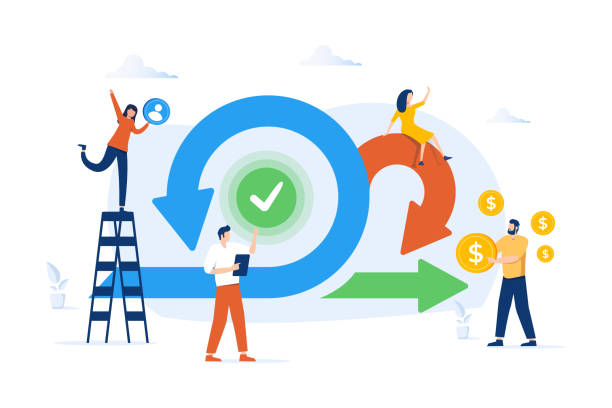
Scrum is an agile framework for developing, delivering, and sustaining complex products, with an initial emphasis on software development, although it has been used in other fields including research, sales, marketing and advanced technologies. It is designed for teams of ten or fewer members, who break their work into goals that can be completed within timeboxed iterations, called sprints, no longer than one month and most commonly two weeks. The Scrum Team track progress in 15-minute time-boxed daily meetings, called daily scrums. At the end of the sprint, the team holds sprint review, to demonstrate the work done, and sprint retrospective to continuously improve.
Scrum is a lightweight, iterative and incremental framework for managing complex work. The framework challenges assumptions of the traditional, sequential approach to product development, and enables teams to self-organize by encouraging physical co-location or close online collaboration of all team members, as well as daily face-to-face communication among all team members and disciplines involved.
A key principle of Scrum is the dual recognition that customers will change their minds about what they want or need often called requirements volatility and that there will be unpredictable challenges—for which a predictive or planned approach is not suited.
As such, Scrum adopts an evidence-based empirical approach – accepting that the problem cannot be fully understood or defined up front, and instead focusing on how to maximize the team's ability to deliver quickly, to respond to emerging requirements, and to adapt to evolving technologies and changes in market conditions.
- What is Agile
- Why Agile
- Agile/Scrum Foundation
- Agile Manifesto
- Scrum theory – Three Pillars of Scrum
- Scrum Framework: Meetings, Ceremonies, Artifacts, etc.
- Roles that make up the Scrum Framework
The Scrum Team
- Product Owner
- The Development Team (Cross Functional, Self-Organizing)
- Scrum Master
Scrum Practices:
- Product Vision
- Product Backlog Grooming/Refinement
- Sprint Release/Backlog
- Estimation – Fibonacci Sequence & Poker
- Sprint Daily Stand up or Daily sprint
- Sprint Review/Demo
- Sprint retrospective